Ethics studies applies to music
I found that studying music and ethics was a good way of looking at life through a unique lens. Intrigued by a mutual understanding of how music shapes society, I dived into the discipline of playing the cello and learning Ethics 101.
After accepting a cello scholarship, I was required to participate in private lessons, a small cello ensemble and string orchestra. All music classes contain concerts, group rehearsals and lots of hours practicing solo.
Practicing music develops people’s understanding of ethics, while also developing emotional stability. I find this topic so fascinating because practicing communication in a non-verbal way can convey different memories or tones. Music guides people to think critically about themselves, tossing emotions around from events that happened in a person’s life and overcoming emotional barriers that they never knew existed.
The first step is to approach music and ethics from a technical side. Musicians play according to every note, every marking on sheet music. Analyzing music is taking every note in a measure and breaking it down to its smallest part. Musicians also study composers to learn the style and mood of a time period.
A great comparison to ethics is learning the historical context of philosophers’ perspective on music. Plato, Aristotle and Socrates understood the influence music had on shaping society.
To quote Plato: “Any musical innovation is full of danger to the whole state, and ought to be prohibited. When modes of music change, the fundamental laws of the state always change with them.” (Source: The Philosophers Talk Music)
Plato is assuming that ethics, a code of social order, are modified to fit a society’s understanding and progression regarding the arts. Music and ethics have a push and pull battle between deciding rules based on tradition and innovation.
Music is also fluid because no one looks at notes on a page the same way. When practicing solo repertoire, musicians develop their own voice and practical reasoning to enhance feeling and creativity. Structure and creativity make up music to be heard and felt in the soul.
Everyone lives by their own narrative. Mozart’s “Requiem [Confutatis/Lacrimosa]” tells the story of Mozart’s father dying. Listening to this piece, Mozart has this uncanny ability to reach into the heavens and almost pull his dying father back to life.
Music has a way of incorporating individual reshaping of the soul, but as a collective goal as well because those same emotions connect to other people in the crowd of other individuals.
Socrates also studied the ethics of music. He compared the study of music to the development of one’s soul.
“Musical training is a more potent instrument than any other, because rhythm and harmony find their way into the inward places of the soul, on which they mightily fasten, imparting grace, and making the soul of him who is rightly educated graceful, or of him who is ill-educated ungraceful.”(Source: The Philosophers Talk Music)
Ethics and music have a collective effect of both negative and positive experiences that shapes people’s individual outcome. It forces people to analyze the past, seek the present truths, and seek to gain the answers to the future.
Your donation will support the student journalists of Washburn University. Your contribution will allow us to purchase equipment and cover our annual website hosting costs.



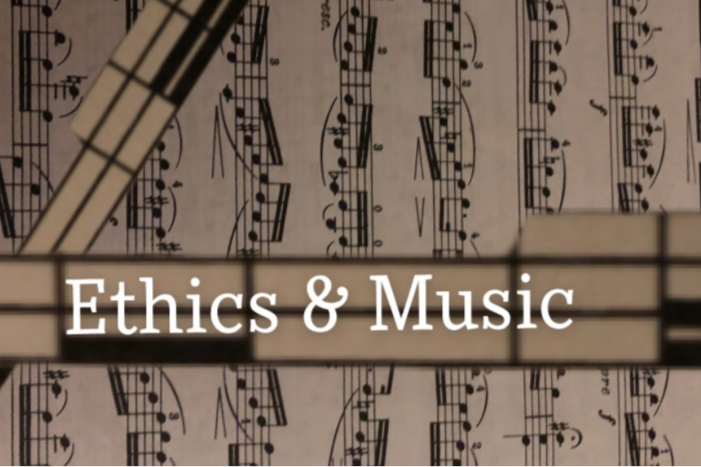





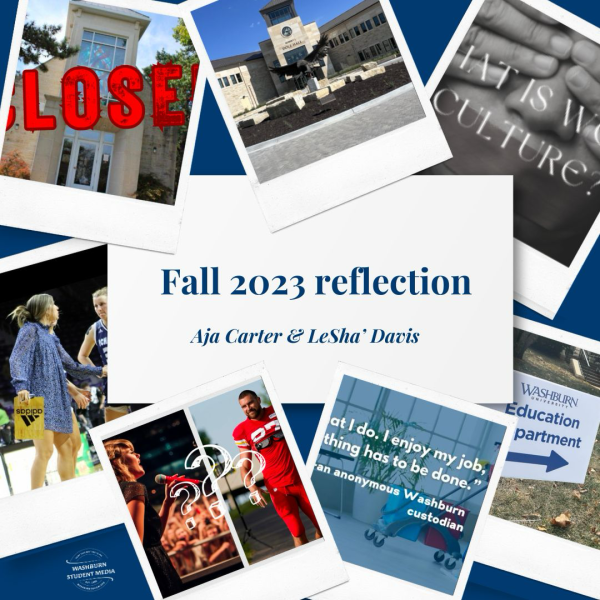
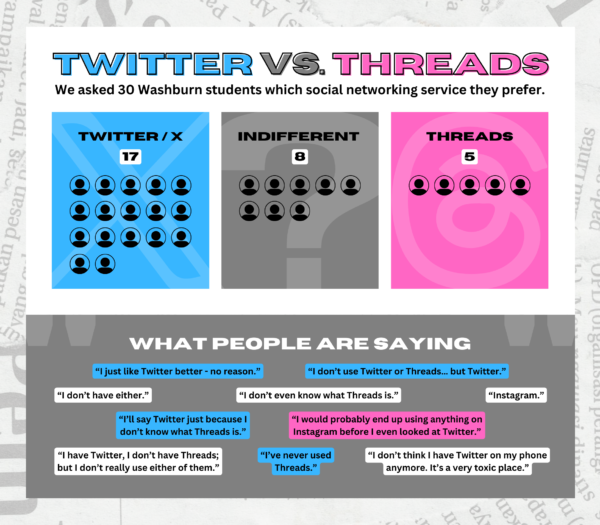

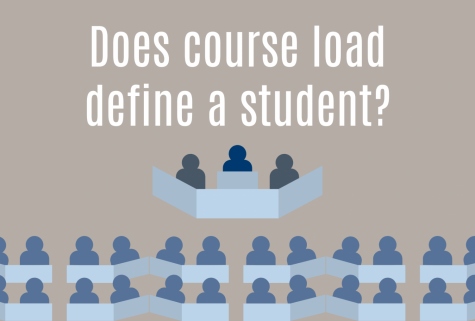
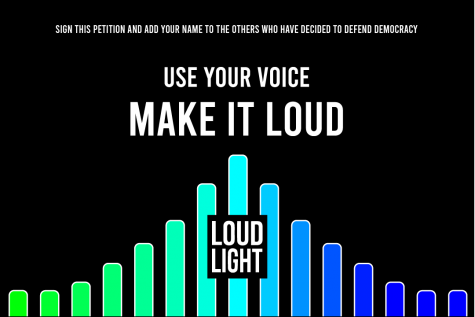

Chris Jones • Nov 17, 2020 at 3:57 pm
I’m going to chew on this piece for a while, Savannah. Is it true (as the ancient Greeks seem to think) that a society’s tastes in music are a bellwether for its social movements? Did white Americans get less racist as they borrowed, stole, appropriated and (on rare occasions) genuinely internalized and contributed to Black American musical styles? I think about that a lot, especially as someone who loves artists like the Rolling Stones, Bob Dylan, Johnny Cash, Van Morrison, Janis Joplin–white artists who mastered Black musical styles (but who also failed to give credit to their influences, and stole accolades from those influences).
And thinking apart from race, I wonder: does internalizing the sublime in one arena (music) make us more capable of recognizing it in another (ethics)? I honestly never really thought about that. Now I’m going to. Thank you!
Jason M. • Nov 15, 2020 at 10:04 pm
Great article, Savannah. Thanks for sharing some of the depth of your soul.